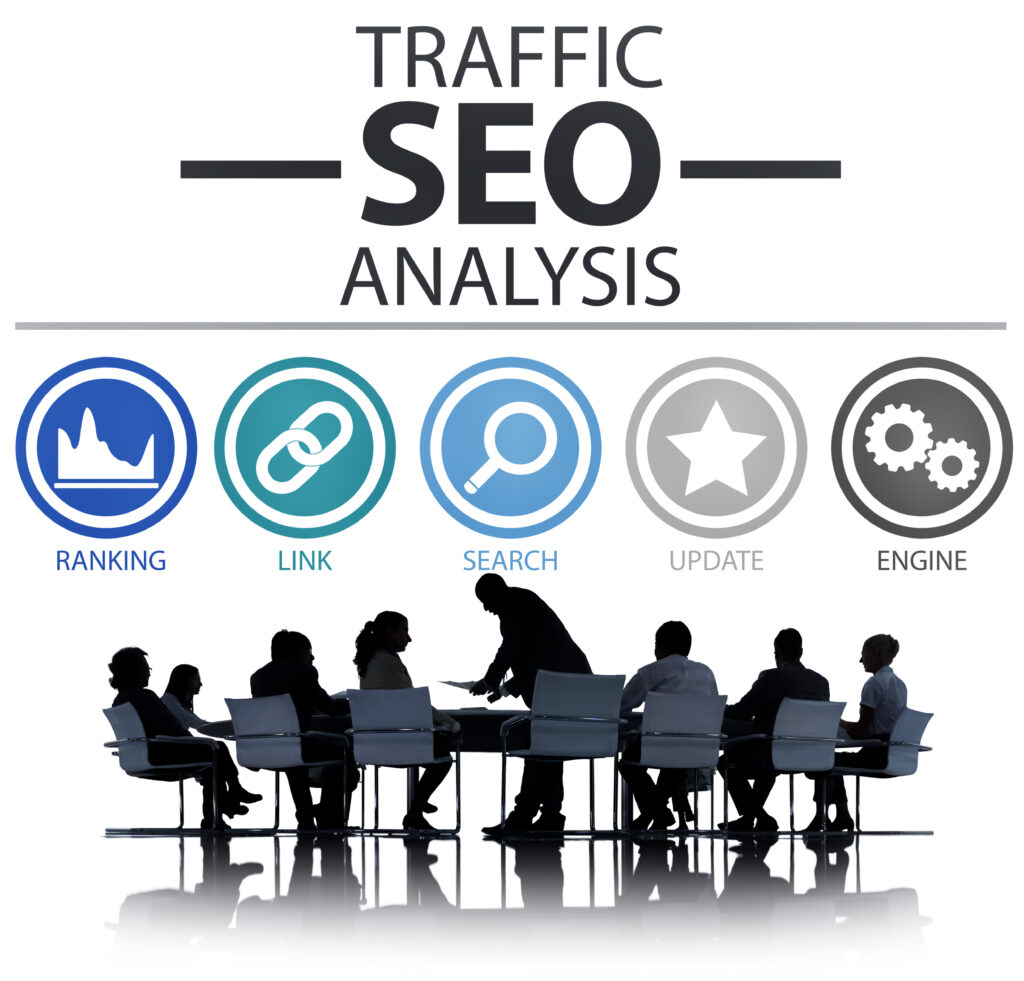To develop SEO strategy that delivers measurable results in 2025, businesses must align their content, technical setup, and user experience with evolving search engine algorithms. A strong SEO strategy is no longer optional—it’s a foundational part of driving organic traffic, increasing online visibility, and staying ahead of the competition. Whether you’re launching a new website or refining an existing one, understanding the core steps to build a future-proof SEO plan is essential.
Table of Contents:
Introduction
To succeed in today’s competitive digital environment, it’s essential to develop SEO strategy that aligns with both search engine algorithms and user intent. Whether you’re running an e-commerce business or a service-based site like 51zeros.com, building a solid SEO foundation is critical in 2025.

Why You Need to Develop an SEO Strategy in 2025
SEO isn’t just about keywords anymore — it’s about delivering value, speed, and seamless user experience. As AI tools and search algorithms evolve, businesses need to develop SEO strategy that adapts to change.
Google’s algorithm now emphasizes E-E-A-T (Experience, Expertise, Authoritativeness, Trustworthiness)
Core Web Vitals are ranking factors
AI-generated content needs human review for credibility

Step 1: Audit Your Current Website Performance
Before you develop SEO strategy, start with a comprehensive audit:
Use tools like Google Search Console, Ahrefs, or Screaming Frog
Identify low-performing pages, crawl errors, broken links, and duplicate content
Audit technical elements like page speed, mobile usability, and site architecture
🔗 Internal Resource: Explore Web Development Services
Step 2: Define Clear SEO Goals
Set measurable, time-bound goals like:
Increase organic traffic by 30% in 6 months
Rank in top 3 for 10 focus keywords
Reduce bounce rate by improving page load speed
Use SMART (Specific, Measurable, Achievable, Relevant, Time-bound) frameworks when setting these SEO targets.
Step 3: Perform Keyword Research
No strategy is complete without keyword research. Use tools like:
Focus on:
Long-tail keywords
User intent
Local SEO (especially for service-based businesses)
✅ Include keywords like:
develop SEO strategy
SEO strategy for 2025
scalable SEO plan
Step 4: Optimize On-Page Elements
Key areas to optimize:
Title Tags & Meta Descriptions
Header Tags (H1-H4)
Image Alt Text (e.g., “develop SEO strategy chart”)
Internal linking to relevant pages on your site
URL structure (short, keyword-rich)
Step 5: Focus on Technical SEO
Technical SEO is the backbone of your website’s visibility:
Improve site speed using tools like PageSpeed Insights
Make your website mobile-friendly
Fix broken internal/external links
Create and submit XML sitemaps
Ensure HTTPS and clean site architecture
Step 6: Build a Link-Building Strategy
Inbound links signal trust and authority. Include:
Guest posting on relevant blogs
Listing on local directories
Collaborations with influencers or partners
🧠 Use tools like HARO or BuzzSumo to find opportunities.
Step 7: Track Performance and Improve
Use analytics to assess what’s working and what isn’t:
Google Analytics for traffic data
Ahrefs or SEMrush for keyword ranking
Heatmaps to understand user behavior
Refine your SEO strategy monthly based on new insights.

Final Thoughts
To develop SEO strategy that actually works in 2025, you need a balance of technical expertise, content quality, and user-focused design. At 51zeros.com, we help businesses build sustainable SEO plans tailored to their niche and audience.
